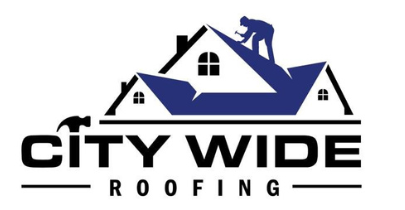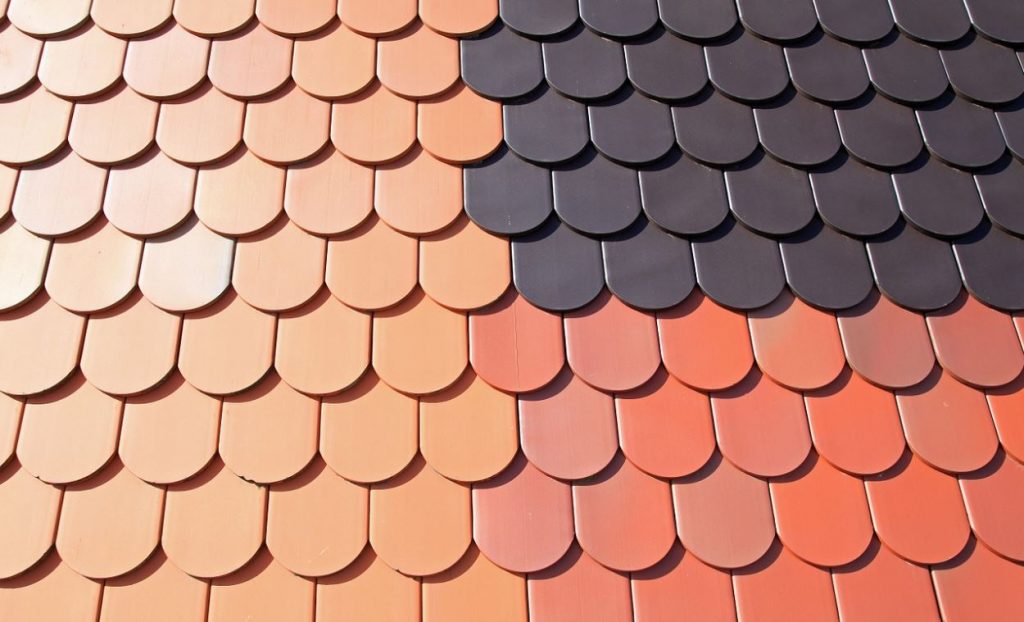The roof is one of the most important structural components of a house, providing protection against the elements and ensuring the safety and comfort of its occupants. Choosing the right roofing material for your home is crucial to ensure that it can withstand various weather conditions, maintain its durability, and enhance the overall aesthetic appeal of your property.
However, with so many options available in the market today, selecting the appropriate roofing material can be a daunting task.
This article aims to provide homeowners with an informative guide on how to choose the right roofing material for their homes. We will discuss various factors that should be considered when evaluating different types of roofing materials such as durability, cost-effectiveness, energy efficiency, aesthetics, and environmental impact.
By understanding these factors and weighing their pros and cons against your specific needs and preferences, you can make an informed decision that suits your budget while ensuring optimal performance and longevity for your roof.
Understanding the Importance of Choosing the Right Roofing Material
The importance of selecting the appropriate roofing material for a home cannot be overstated, as it plays a critical role in providing protection from the elements and enhancing the overall aesthetic appeal of the property.
A poorly chosen roofing material can lead to various problems such as leaks, water damage, higher energy bills due to poor insulation, and reduced curb appeal.
It is vital to consider factors such as durability, cost-effectiveness, environmental impact, and design when selecting a suitable roofing material.
Choosing an appropriate roofing material requires careful consideration of individual preferences and priorities.
For instance, homeowners looking for a long-lasting solution may opt for metal or slate roofs that can withstand adverse weather conditions better than other materials.
On the other hand, those seeking eco-friendly options may prefer clay tiles or shingles made from recycled materials.
Regardless of the choice made by homeowners, it is essential to consult with experts in roofing installation to ensure proper installation of the selected roofing material.
Evaluating Factors in Choosing a Roofing Material for Your Home
Factors to consider when selecting a roofing material for residential properties include durability, energy efficiency, and cost-effectiveness.
Durability is important because the roof is the first line of defense against harsh weather elements such as rain, wind, and snow. The roofing material should withstand these conditions without deteriorating quickly or requiring frequent repairs.
Energy efficiency is another crucial factor as it determines the amount of heat absorbed by the roof from sunlight. A highly reflective roofing material can reduce cooling costs by reflecting heat away from the house instead of absorbing it.
Cost-effectiveness is also an essential consideration as it impacts both short-term and long-term finances. Different materials have varying installation and maintenance costs that can significantly affect overall expenses. For instance, while clay tiles are durable, they may be costly to install compared to asphalt shingles that are affordable but less durable.
Homeowners should weigh their options carefully based on their budget constraints and preferences before settling on a particular roofing material. By evaluating these factors, homeowners can make informed decisions about which roofing material best suits their needs in terms of durability, energy efficiency, and cost-effectiveness.
Types of Roofing Materials and Their Pros and Cons
Considering the various types of roofing materials available, it is important to evaluate their pros and cons in order to make an informed decision.
Asphalt shingles are one of the most common roofing options due to their affordability, ease of installation, and durability. They come in a variety of colors and styles, making them a versatile choice for many homeowners. However, they may not be as environmentally friendly as other options and have a shorter lifespan compared to some premium roofing materials.
Metal roofs are becoming increasingly popular due to their longevity, energy efficiency, and ability to withstand extreme weather conditions. They can last up to 50 years or more with minimal maintenance and provide excellent insulation for homes. However, they can be more expensive than other options such as asphalt shingles or clay tiles. Additionally, metal roofs may not be suitable for homes in areas prone to lightning strikes or hailstorms as they can dent or become damaged easily.
Ultimately, choosing the right roofing material will depend on factors such as budget, climate conditions, aesthetic preferences, and long-term goals for the home’s value and sustainability.
How To Choose The Right Residential Roofing Contractor For Your Project
Different Types Of Residential Roofing Materials And Their Pros & Cons


